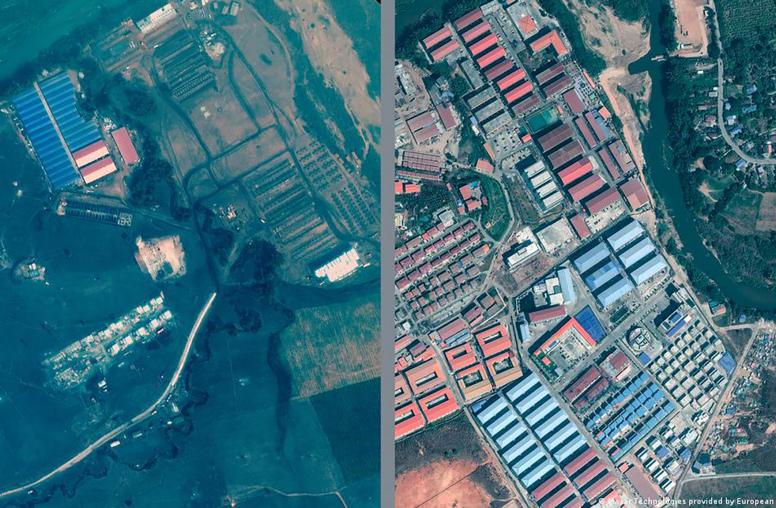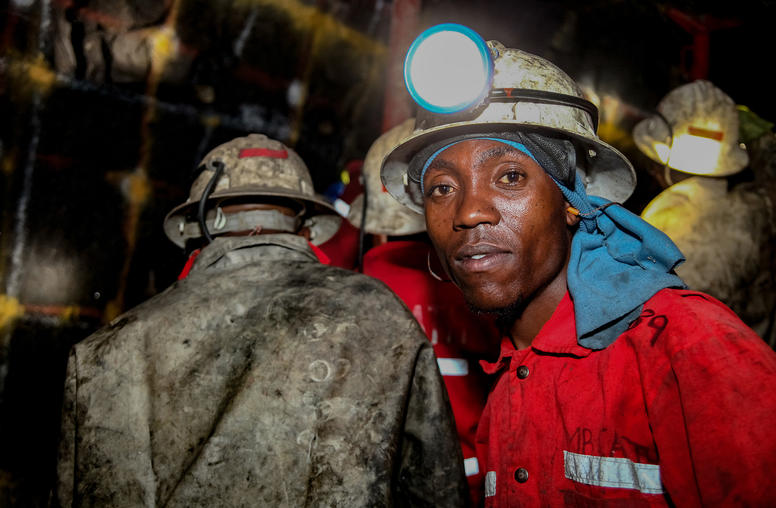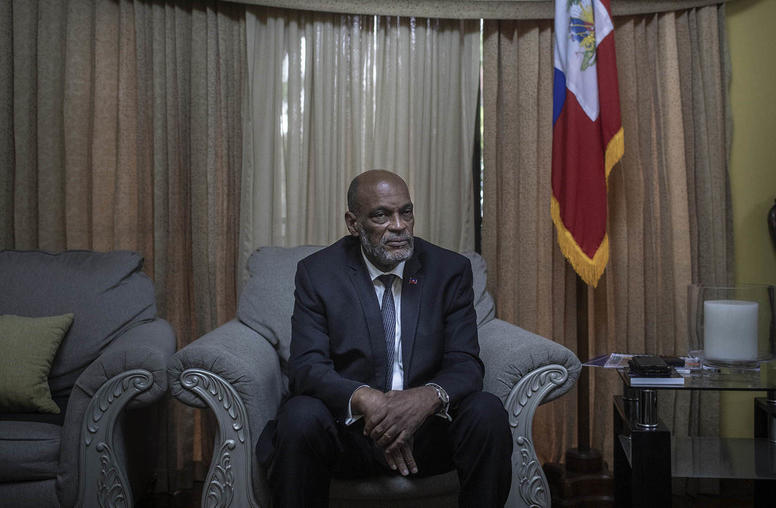 Global Policy
Global Policy
The U.S. Institute of Peace convenes officials and policy experts, influences high-level debates, and works with other institutions, government and civil society groups to discuss and develop better strategies that will prevent, mitigate or resolve violent conflict. Among the institute’s global policy priorities are the problem of fragility—when a state is vulnerable to violent conflict because government is unwilling or unable to address its citizens’ needs—and the need to better connect humanitarian relief, security sector assistance, political action and longer-term development aid.
Featured Publications

Why the UN’s Future Summit Matters Amid Today’s Global Crises
It is that time of the year again. World leaders are converging in New York for the launch of the 79th U.N. General Assembly. With every passing year, the global trends away from multilateral approaches and structures that ensure peace, security and global stability leave humanity in a growing state of precarity. That, however, should demand a penetrating call for less cynicism, not more.

Where is Afghanistan Three Years into Taliban Rule?
Lacking formal recognition from all member states, the Taliban will not be present at the U.N. General Assembly next week. Their absence speaks volumes about how the international community struggles to constrain a regime that has repeatedly defied U.N. treaties, sanctions and Security Council resolutions. Three years into Taliban rule, the Afghan people are beset by a host of human rights, economic and humanitarian challenges, with women and girls particularly impacted. Meanwhile, the international community still has no clear approach to dealing with the Taliban, with the regime rejecting a U.N. Security Council resolution calling for a special envoy to develop a roadmap for normalizing Afghanistan’s relations with the international community.

How Northeast Asian Geopolitics Impact Peace on the Korean Peninsula
Amid today’s renewed great power competition, the Korean Peninsula has entered a new Cold War winter without having enjoyed the spring of the previous post-Cold War era. During the post-Cold War period, the South Korean and U.S. governments anticipated that the seismic changes occurring in Europe would be replicated on the Korean Peninsula. However, over the past 30 years, none of their main policy goals regarding North Korea — such as reform and opening, denuclearization, peace settlement and unification — were fulfilled due to several factors in Northeast Asian geopolitics that favored the status quo. The enduring nature of these factors means the United States and South Korea should adjust their North Korea strategy and goals to enhance peace and security on the Korean Peninsula more effectively.
Current Projects

Transnational Organized Crime in Southeast Asia
Over the past decade, Southeast Asia has become a major breeding ground for transnational criminal networks emanating from China. USIP assembled a senior study group to assess one of the most pernicious aspects of such criminality: rapidly spreading, industrial-scale scam compounds that rely on forced labor lured from around the world. The senior study group convened four meetings to share research and information on the trends, dimensions and character of the criminal networks operating the scam compounds and developed recommendations for countering their malign effects.

Critical Minerals in Africa
Often throughout Africa’s history, natural resource exploitation has brought devastating consequences. However, it’s clear that Africa’s critical minerals will be developed regardless of the risks. The question is: How will critical minerals be developed and to whose benefit?

Crisis in Haiti
Analysis of Haiti’s deepening crisis, its implications for regional peace and security, and policy options for the United States to consider.